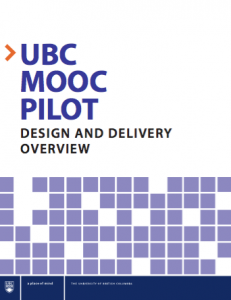The 2020/21 academic year brought a transition to remote learning and delivery of online courses. This transition, due to the COVID-19 pandemic, exposed the importance of student ease of access to textbooks and other course materials. One strategy for ensuring students had barrier free access to learning materials was the use of open educational resources (OERs). In the 2020/21 academic year, an estimated 19,152 UBC students took part in 60 courses that were using open or freely available resources in place of paid textbooks.
According to the AMS COVID-19 Impacts on UBC Students Survey (PDF), which was published in late September 2020, the more students agree that they have equitable access to educational resources to supplement course material, the better they are able to engage with the course content in the context of independent study and online lectures. However, according to the same survey, only 54 percent of students agreed or strongly agreed with the statement “I am able to access resources to help me understand my course materials.” In addition, less than 50 percent of students indicated that they pay for textbooks when the class requires them.
